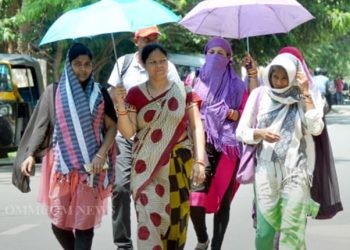Bhubaneswar: In a major recognition of Odisha’s political leadership at the national level, three Members of Parliament from the state — Baijayant ‘Jay’ Panda, Bhartruhari Mahtab, and Saptagiri Sankar Ulaka — have been appointed as chairpersons of key Parliamentary Committees, according to the latest list released by the Lok Sabha Secretariat on Wednesday.
Senior BJP leader and Kendrapara MP Baijayant Panda will head the Select Committee on the Insolvency and Bankruptcy Code (Amendment) Bill, 2025. His appointment comes at a time when economic reforms are under intense parliamentary scrutiny.
Veteran parliamentarian and six-time Cuttack MP Bhartruhari Mahtab has been named the Chairperson of the Standing Committee on Finance — one of the most influential panels overseeing economic and fiscal policies, including the functioning of the Ministry of Finance.
Representing the Congress party, Koraput MP Saptagiri Sankar Ulaka will lead the Committee on Rural Development and Panchayati Raj, which plays a vital role in evaluating schemes that directly impact rural India.
The updated composition, effective from September 26, reflects a broader strategy of inclusive representation, with members drawn from across parties and both Houses of Parliament.
The 24 Standing Committees cover a wide range of ministries, including Defence, Commerce, Education, Health, and Environment.
Among other notable appointments, Shashi Tharoor will continue to chair the Committee on External Affairs, while Radha Mohan Singh will head the Defence Committee. Anurag Singh Thakur has been named chair of the Committee on Coal, Mines and Steel, and Basavaraj Bommai has been appointed to lead the Labour, Textiles and Skill Development Committee.
The restructuring also includes the formation of two Select Committees to deliberate on key legislative bills, with Tejasvi Surya heading the panel on the Jan Vishwas (Amendment of Provisions) Bill, 2025.
The appointment of three Odisha MPs to high-profile positions underscores the state’s growing influence in national policy-making and reinforces the importance of regional representation in the parliamentary oversight framework.
















